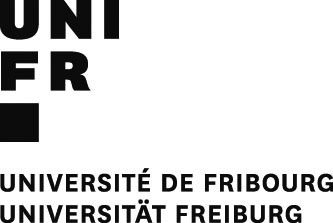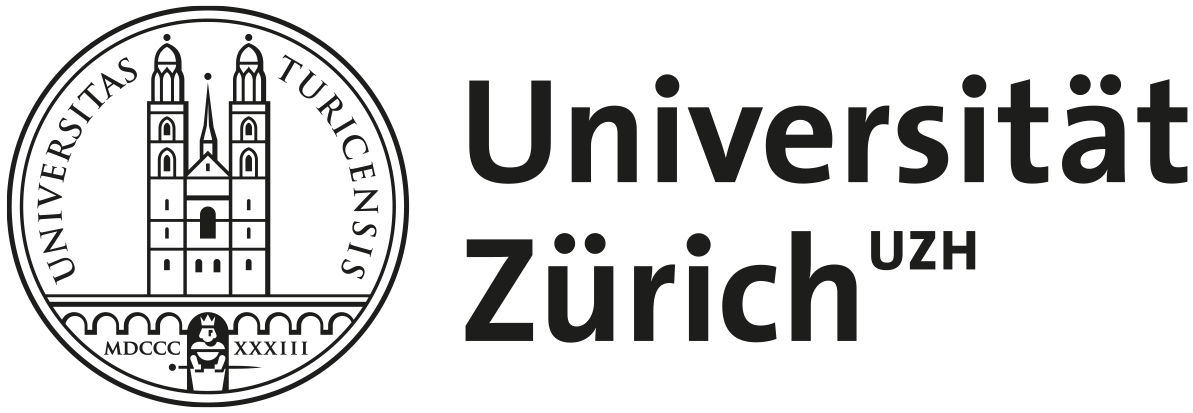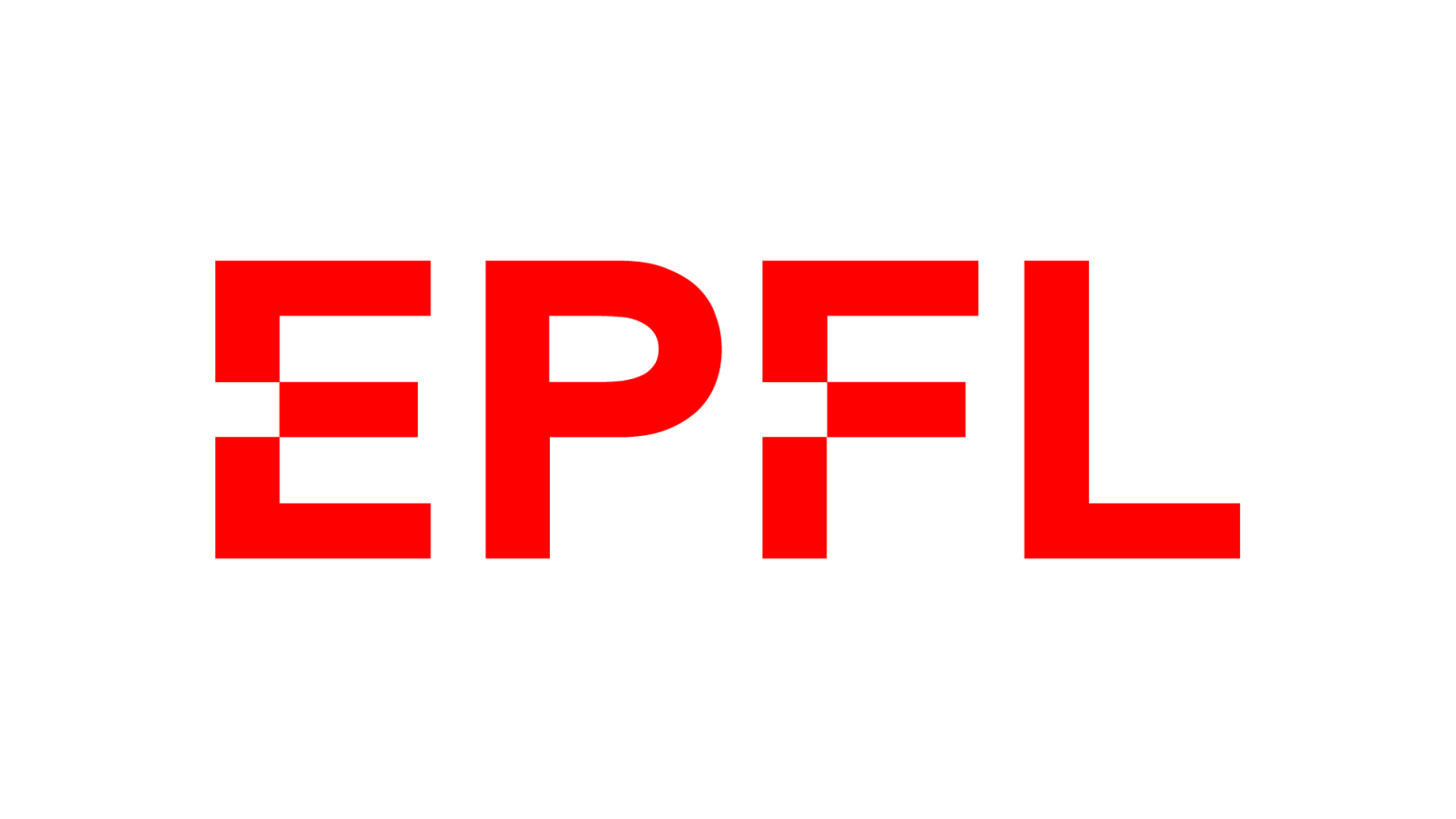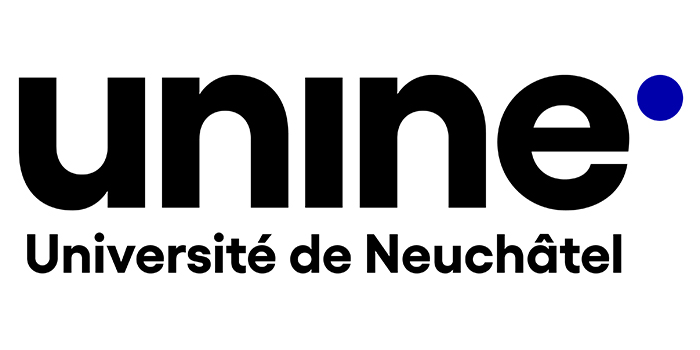Starting your studies
Students may feel lost or overwhelmed amidst all the changes at the beginning of their studies. In addition, you need answers to so many questions: how can you get your degree off to a good start? What services are there to discover at university? What should you make sure not to miss? Here are some tips.
Use your university’s resources
Universities provide lots of resources and services to support students – and you should absolutely make use of them, even before you start your course. Most services are showcased at information days, which take place at the beginning of the semester. However, you will receive a lot of information at once and sometimes you might only need a particular service at a later date. No one is able to complete a degree without support, but many students wait far too long before seeking help or advice. It can be difficult to ask for help. That said, there are no wrong questions and you shouldn’t worry about asking fellow students, lecturers and other people for advice. Even very difficult topics such as financing your studies or mental health are tackled by universities, which offer students financial advice or psychological support.
There are workshops or online courses on learning strategies, academic writing or work, as well as financial advice, psychological support and other resources:
EPFL, ETZH, HSG, UniBe, UniFr, UniGe, UniNE, UniLu, USI, UZH
Student associations also offer valuable university-related resources and advice services : EPFL, ETHZ, HSG, UniBe, UniFr, UniGe, UniNE, UniLu, USI, UZH
Shape your degree programme
At school, you receive a clearly structured timetable. However, things are very different at university. Here, you have to keep track of all your lectures and play a role in shaping your studies: there are different forms of teaching and each course of study is organised differently. Depending on the subject, a large part of your degree can be shaped by the students themselves. Seminars and lectures can be compulsory or elective. Certain disciplines are divided into modules. Lots of information is also available before the course starts and the faculty student advisory services can provide details and answer questions. Considerations about combining your programme with a part-time job and other obligations can also be addressed before the start of the course.
Self-organisation
Moving from school to university or university of applied sciences is a major change. Students often feel overwhelmed, especially in the first few semesters. A degree requires self-organisation. Students are under less supervision and are responsible for structuring their studies, complying with deadlines and handling administrative tasks. In general, creating a good structure day to day is the key to balancing all your university obligations, personal affairs and part-time jobs.
A few tips:
- Create a weekly plan, consistently enter dates and deadlines and check your calendar regularly
- Stay organised with a checklist or priority list
- Plan and structure your semesters ahead of time
- Regularly sort through documents, emails and everything related to your studies
- Start preparing for exams on time. If you feel that you started on time and invested enough time in the learning process, you will enter the exam with a completely different attitude.
- Find out your own learning style and which environments or methods you need in order to be able to learn well and efficiently during your studies.
Study organisation :
EPFL, ETZH, HSG, UniBe, UniFr, UniGE, UniNe, UniLu, USI, UZH
It’s always worth asking questions
No one is able to complete a degree without support, but many students wait far too long before seeking help or advice. It can be difficult to ask for help. That said, there are no wrong questions and you shouldn’t worry about asking fellow students, lecturers and other people for advice without being worried. Even very difficult topics such as financing your studies or mental health are tackled by universities, which offer students financial advice or psychological support.










